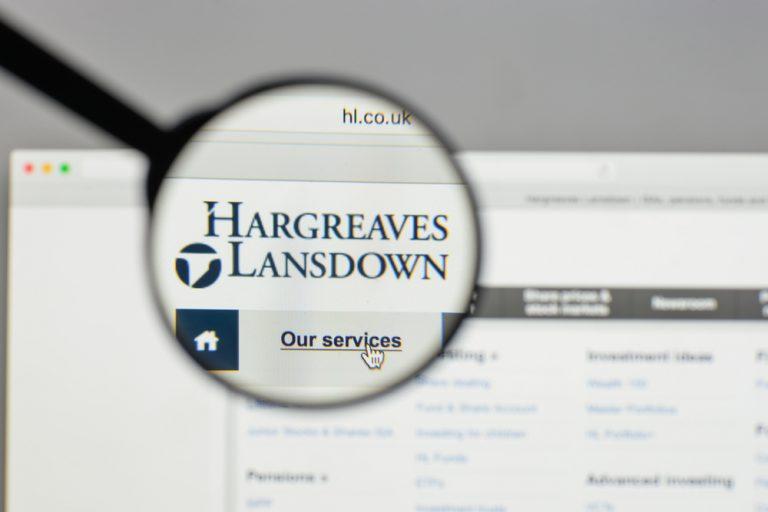British gas owner Centrica (LON:CNA) lost 110,000 accounts in the first four months of the year.
Despite the loss in customers, Centrica said it remains set to meet its full-year targets, sending shares up on Monday morning.
Amid higher energy prices, the company shed almost 1.3 million energy accounts in last year alone.
Moreover, the company was also hit by a surge in call-outs related to boiler breakages, as a result of unseasonably cold weather.
The so-called “Beast from the East” necessitated the fixing of 145,000 boilers in a week.
However, these pressures were mitigated by growth in its Connect Home business.
Connected Home, which supplies smart home products, saw revenue rise 37 per cent in the first half of the year.
Centrica said it intends to continues to aim for “doubling” of revenue in the businesses for the ear with 500,000 new customers.
Last week British gas, which is the UK’s largest energy provider, confirmed customers would see a
5.5 percent rise in prices, affecting some 4.1 million customers.
The price rises were condemned by the government last week, branding the energy price hikes “unjustified”.
Energy minister Claire Perry said: “We are disappointed by British Gas’s announcement of an unjustified price rise in its default tariff when customers are already paying more than they need to.”
Commenting on the decision, Mark Hodges, chief executive of Centrica Consumer, said:
“We fully understand that any price increase adds extra pressure on customers’ household bills. This increase we are announcing today is reflective of the costs we are seeing which are beyond our control.”
However, the company attributed the rise in bills to the additional prices it faced as a result of government legislation.
Mr Hodges added:
“Government policies, intended to transform the energy system, are important but they are putting pressure on customers’ bills. We believe government should level the playing field so the customers of all suppliers pay a fair share of energy policy costs,” Mr Hodges said.
“We continue to encourage government to consider moving these costs out of energy bills altogether and into general taxation.”
Shares in Centrica are currently trading -0.034 percent as of 11.05AM (GMT).











